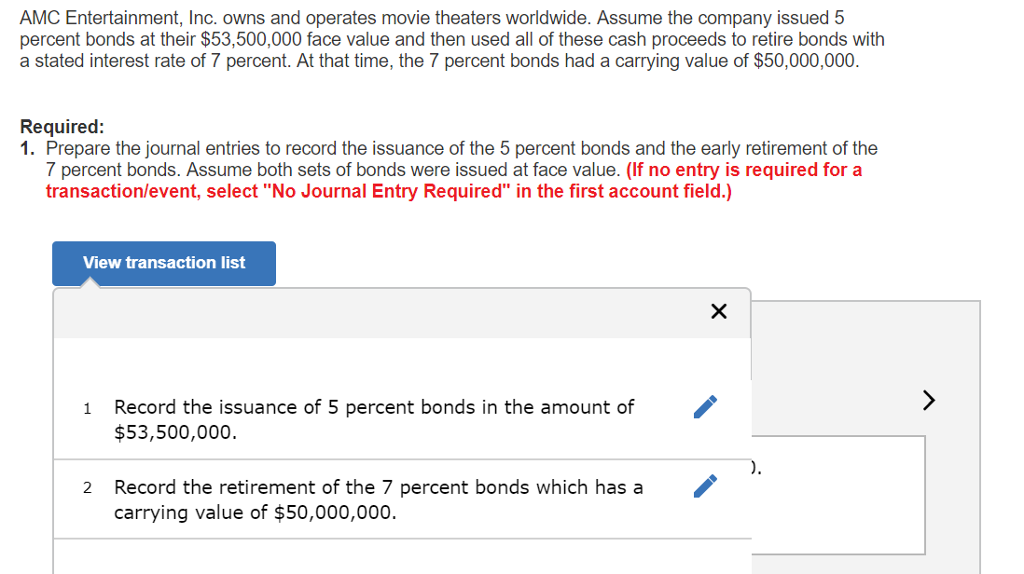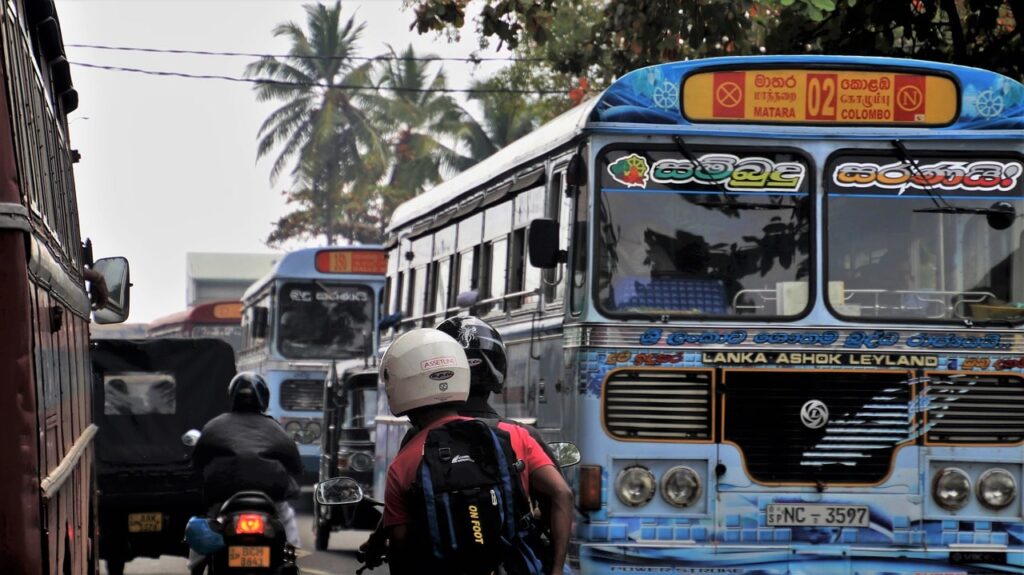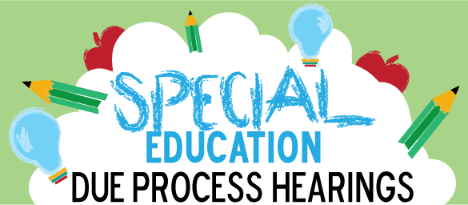Understanding Police Wellness Checks: What Happens and How to Request One
Introduction to Police Wellness Checks
Police wellness checks, sometimes called welfare checks, are a vital community service designed to ensure the safety and well-being of individuals who may be at risk. These checks are typically requested when a loved one, friend, or neighbor cannot be reached, exhibits concerning behavior, or faces mental health or physical health challenges. The primary goal is not law enforcement but public safety and support, especially for vulnerable populations such as the elderly, people living alone, or those experiencing mental health crises. [1] [5]
When and Why to Request a Wellness Check
There are various situations where a wellness check may be appropriate:
- You have not heard from a loved one in an unusual amount of time, and attempts to contact them have failed.
- The person is known to have health conditions, mental illness, or disabilities that may put them at risk.
- Neighbors or community members observe concerning signs, such as mail piling up, lights left on for days, or other unusual activity.
- A person has made statements or exhibited behaviors suggesting they may harm themselves or others.
Wellness checks can offer peace of mind for families and friends and may even save lives by ensuring timely assistance. [5]

Source: jvferrandez.blogspot.com
Step-by-Step: What Happens During a Wellness Check
The process for a police wellness check typically follows these steps:
1. Initiating the Request
To request a wellness check, call your local police department’s non-emergency number or 911 if you believe the situation is urgent. Be ready to provide:
- The person’s full name and address.
- Reasons for your concern (missed appointments, alarming messages, health issues).
- Any relevant background (mental health conditions, medications, known risks).
- Contact information for yourself and anyone else who may have additional information.
When speaking to dispatch, you can request that a Crisis Intervention Team (CIT) officer or someone with mental health training respond, if available. Ask the dispatcher to repeat back the details you provided to confirm accuracy. [5]
2. Officer Response
Upon arrival, officers will:

Source: radiosapiens.es
- Knock on the door or ring the doorbell and identify themselves as police.
- Attempt verbal communication with the occupant.
- Observe the surroundings for signs of distress, forced entry, or medical emergencies.
- If no one answers, they may walk around the property to look for open doors or windows and check for signs of life or distress. [1] [4]
Officers will only enter the home without permission if they have probable cause to believe the person is in immediate danger. This is typically justified by exigent circumstances, such as visible distress or a medical emergency. [2]
3. Assessment and Action
If the person answers the door and appears well, officers will conduct a brief interview to ensure their safety. If the person is found to be injured, ill, or in distress, officers may call paramedics or other emergency services. If the individual does not answer and there are clear signs of danger, officers may enter the home to perform a welfare check.
Possible outcomes include:
- The person is found safe; officers leave after reporting their status.
- The person requires medical or psychiatric care, and officers arrange for appropriate assistance.
- If the person is deceased, officers begin an investigation and notify next of kin. [4]
Documentation and follow-up are standard. Officers typically file a report detailing their observations and any actions taken. [1]
Legal Considerations and Individual Rights
Police officers must weigh privacy rights against the need to ensure safety. Entering a home without consent is only lawful under specific, urgent circumstances. Officers are trained to assess the situation carefully and act within the boundaries of the law. [2]
Most wellness checks do not result in forced entry. However, if officers have probable cause to believe someone is at risk of serious harm, they may lawfully enter without a warrant. This is known as the “exigent circumstances” exception. Officers also document their actions to provide transparency and accountability.
Challenges and Controversies
While wellness checks are designed to help people, there are instances where encounters have escalated, sometimes resulting in trauma or even tragedy, especially in marginalized communities. Reports of excessive force or misunderstandings can lead to negative outcomes. [1] [5]
Advocates encourage requesting officers with mental health training or crisis intervention expertise when mental health is a concern. Many police departments now offer specialized units for this purpose, but availability varies by location.
Practical Steps and Alternatives
If you are considering a wellness check for someone, follow these practical steps:
- Call your local police department’s non-emergency number for non-urgent cases. Use 911 only if immediate danger is suspected.
- Provide detailed information to the dispatcher, including any relevant health or safety concerns.
- Request a CIT officer or mental health-trained responder if appropriate and available.
- Follow up with the police department for updates if you are the reporting party.
- Explore community resources such as local mental health crisis lines or social service agencies for additional support.
In some cases, it may be possible to reach out directly to the individual or involve family members or caseworkers before requesting police intervention. Always weigh the risks and consider the individual’s preferences and history.
Key Takeaways
Police wellness checks are a crucial service for maintaining community safety and supporting vulnerable individuals. While police are trained to handle these situations with care, outcomes can vary based on the circumstances, the information provided, and the training of responding officers. Whenever possible, provide detailed, accurate information when requesting a check, and consider alternatives or supplemental resources when appropriate.
References
- [1] Lawyers FTP (2024). What Is a Wellness Check by the Police?
- [2] International Association of Chiefs of Police (2023). Welfare Checks Model Policy.
- [3] CountyOffice.org (2025). What Is A Police Wellness Check? [YouTube Video]
- [4] Law Office of Nancy Perry Eaton, PLLC (2024). Welfare Checks in Texas.
- [5] Police Brutality Center (2025). What is a Welfare Check?
MORE FROM couponnic.com













